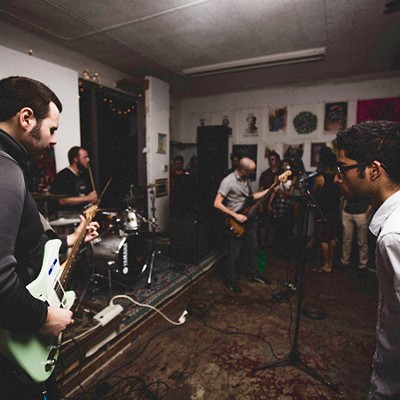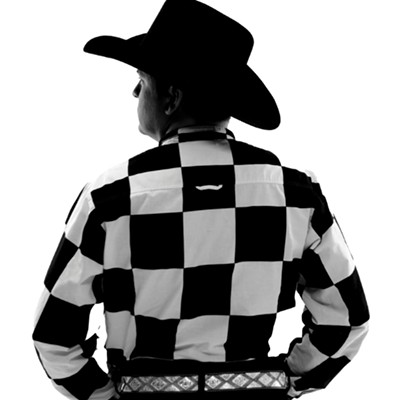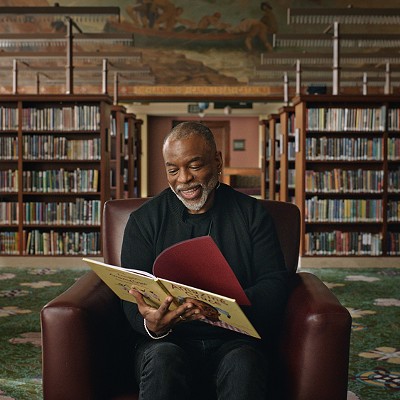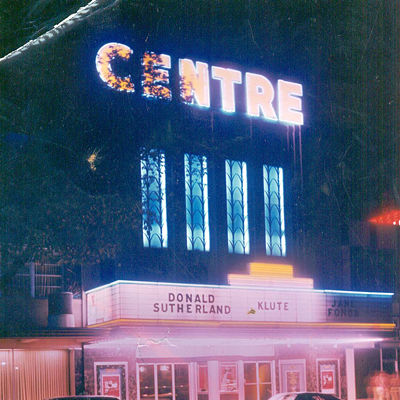Many Hollywood movies about high schools focus on troubled students who are helped by that One Special Teacher. Usually in the end, everyone realizes his or her potential, and the teacher comes away knowing all the ulcers and marital strain were worth it. Think "To Sir, with Love," "Stand and Deliver" and "Dangerous Minds."
"The Class" abandons the standard, cut-and-dried ending, delivering a portrait of a teacher and his students that illuminates the imperfection of human nature on both sides of the teacher's desk.
In a unique, meta-moment twist, Francois Begaudeau, who wrote the novel upon which the movie is based, stars as Francois Marin, his own novel's protagonist. Marin teaches in an ethnically diverse, inner-city Paris high school filled with students from every continent but Antarctica. Played by amateur actors from the real area in which the movie is set, Marin's students range from the reclusive, Chinese Wei, who serves as the resident apple-polisher; Khoumba, who demands both respect and special treatment; Esmeralda, who likes pointing out pointless inconsistencies in Marin's arguments; and Souleymane, a Malian malcontent who gradually becomes the focal point of the class's negative energy.
CULTURAL CROSS-SECTION
The movie operates within the confines of a single school year, giving viewers the high and low points of Marin's experience. We get to see not only how he deals with unruly students, but how he deals with the school's bureaucracy, his more-and-less-authoritarian colleagues and his students' parents. Because his class consists of a large cultural cross-section, it's interesting to see the different attitudes of parents from places like Algeria, Morocco, Mali and elsewhere. Some speak French, many don't. At times, the students themselves must translate for their parents.
As the year progresses, Marin has trouble with specific individuals and starts to lose his cool. The tension builds from not the notion that one or more students will devolve into violence, but whether Marin will.
The inclusion of the teacher world is what sets this "Class" apart. Teachers gossip, break down, freak out, argue and flirt. There are endless meetings over predictable topics like the students, but there's also a lot of debate over who's responsible for the coffee machine and how much it costs. In other words, we are allowed into the teachers' lounge to witness their human interaction, which enriches the experience of watching them interact with the students.
Still, the film could have benefited from a bit more of the teachers' personal lives. For example, we learn nothing at all about Marin outside his job. Does he have a wife? If so, does he have children? Does he get drunk at night and beat the crap out of this hypothetical family? Does he listen to Edith Piaf and smoke Gauloises when he visits the Arc d'Triomphe? And why are his shoulders narrower than his waist?
Despite any lingering questions one might have, "The Class" is a sharp, smart examination of generational and cultural differences, and the conflicts they create. You'll have to drive to Quail Springs Mall and shell out about eight days' worth of an average Malian salary to see it, but the sacrifice is worth it.
"?Mike Robertson









